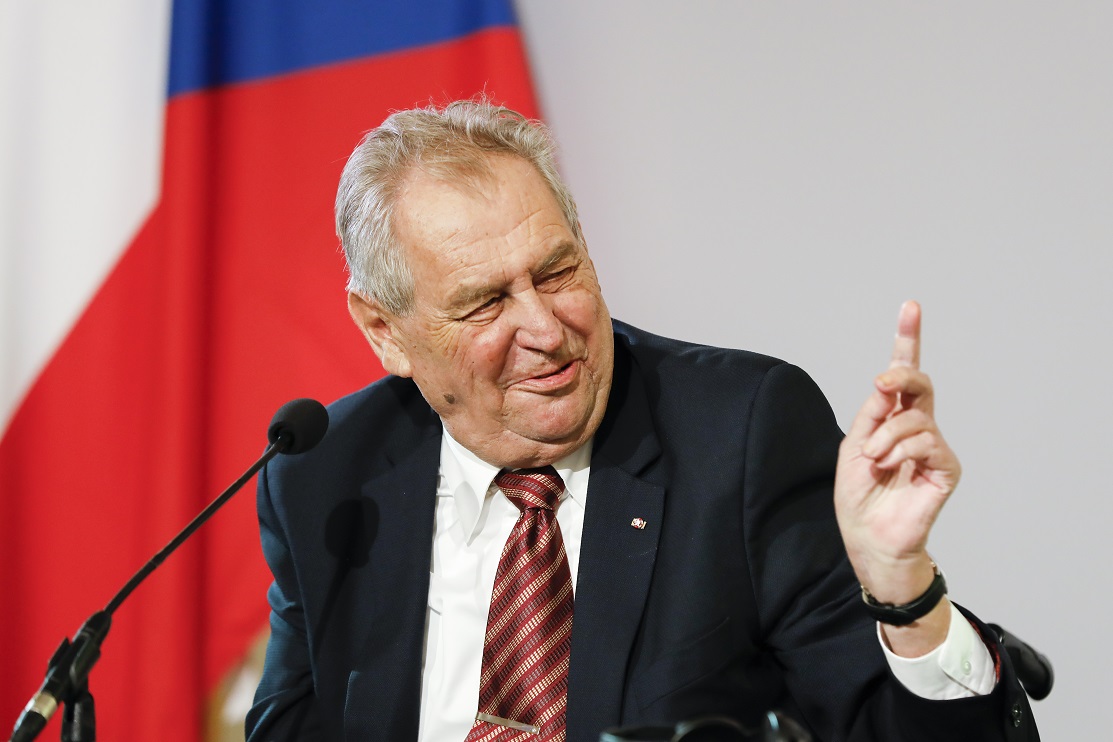With legislation in the works to legalize same-sex marriage in Czechia, Czech President Miloš Zeman has already warned he would veto any such bill.
From a linguistic point of view, the word marriage allegedly implies a union between a man and a woman, the Czech president told reporters after holding talks with Hungarian President Katalin Novák. Zeman added that he would instead support a constitutional amendment that would define marriage as a union between a man and a woman, which is how Hungary’s constitution currently defines marriage.
“The subject of the current debate is, among other things, the bill on same-sex marriage. If I get such a law on the table, I will veto it,” the president announced.
[pp id=37675]
Czechia’s parliament has not yet approved such a law, but a number of politicians are working on passing one this year.
Zeman justified his position by appealing to the Czech language.
“Besides, the word ‘rodina’ (family) comes from the word ‘rodit’ (to give birth). And so far, I have not noticed that children are born to same-sex couples,” Zeman added.
According to him, same-sex couples currently have all the benefits of a registered partnership.
“But family is the union of a man and a woman,” he emphasized.
The Chamber of Deputies received an amendment to the civil code, which would allow same-sex couples to marry. It was signed by deputies from STAN, TOP 09, Pirates, ODS, and the ANO movement. As expected, no signatures came from the Christian Democrats or SPD.
Pekarová: Zeman’s opinion is not significant
The head of the Chamber of Deputies, Markéta Pekarová Adamová (TOP 09), who also signed the proposal, said that the president’s words were not very important.
“Negotiating the amendment will probably continue beyond the end of his mandate,” she said.
Zeman will end his term in office at the beginning of March next year. For him to apply the veto, the law would have to pass both the House and the Senate by then.
The House of Commons generally leaves its deputies free to vote on such matters. In the last election period, the Chamber of Deputies did not decide on the enactment of marriage for homosexuals either.
According to the draft, same-sex spouses would have the same rights and obligations as heterosexual spouses.
These include the creation of joint property, the right to a widow’s and widower’s pension, the rights and obligations related to the children they bring up, and access to alternative family care.
“Marriage for same-sex couples is not an unexplored step in which we do not know what it will bring. The experience from abroad speaks quite clearly — no negative effects on society have been proven,” the authors of the law stated in their reasoning.






